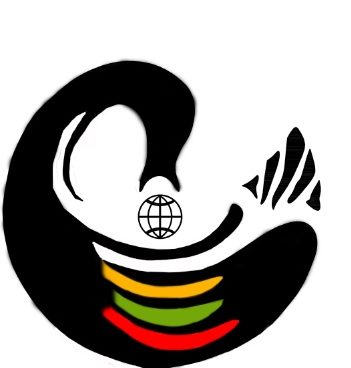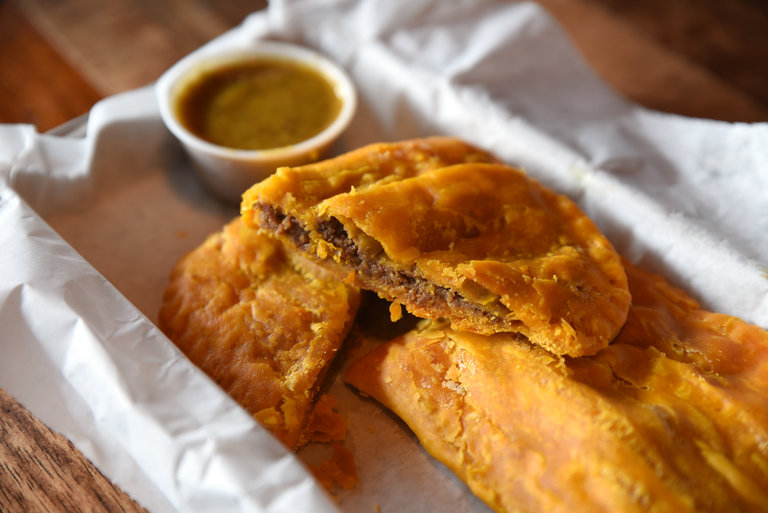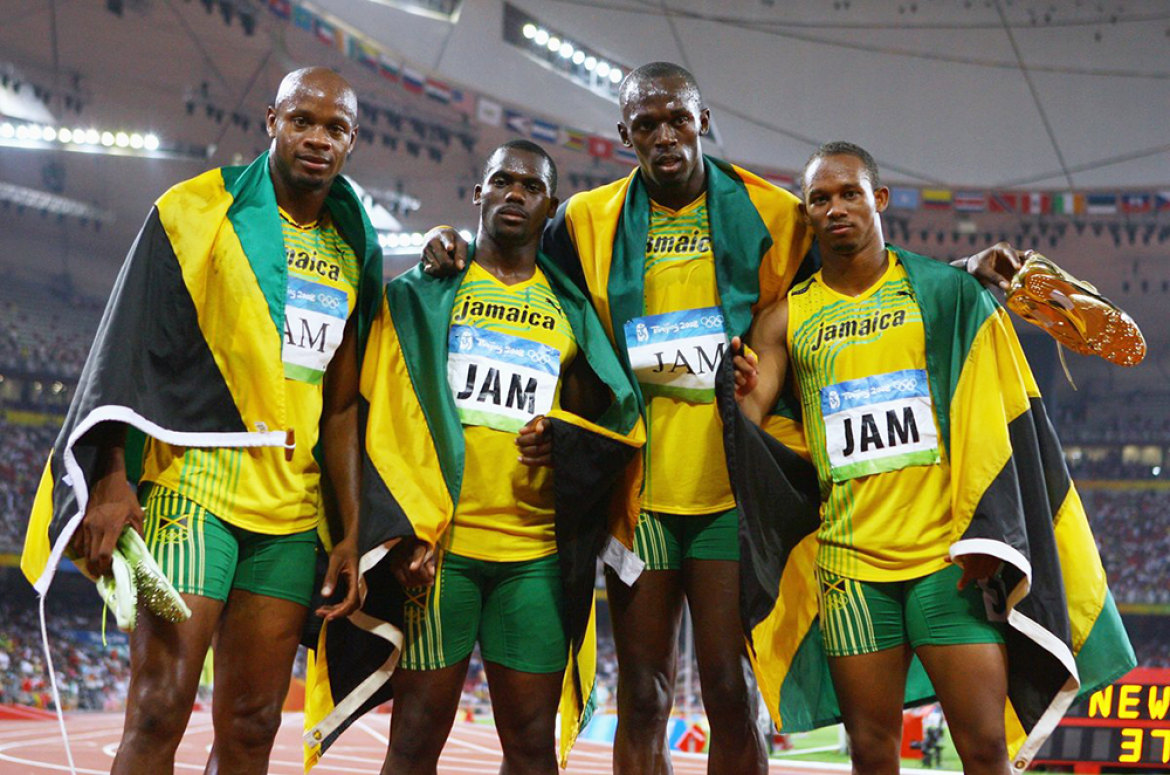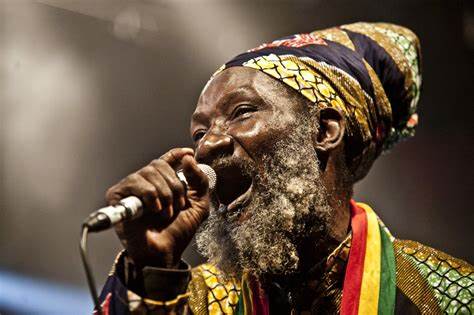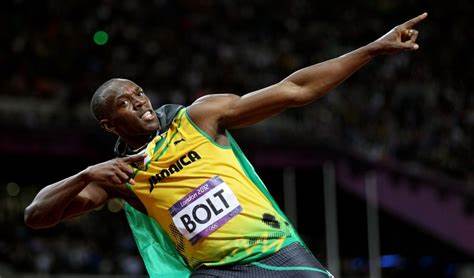Jamaica, island country of the West Indies. It is the third largest island in the Caribbean Sea, after Cuba and Hispaniola. Jamaica is about 146 miles (235 km) long and varies from 22 to 51 miles (35 to 82 km) wide. It is situated some 100 miles (160 km) west of Haiti, 90 miles (150 km) south of Cuba, and 390 miles (630 km) northeast of the nearest point on the mainland, Cape Gracias a Dios, on the Caribbean coast of Central America. The national capital is Kingston.
The island’s various Spanish, French, and English place-names are remnants of its colonial history. The great majority of its people are of African ancestry, the descendants of slaves brought by European colonists. Jamaica became independent from the United Kingdom in 1962 but remains a member of the Commonwealth.
Spanish colonists had virtually exterminated the aboriginal Taino people by the time the English invaded the island in 1655. The Spaniards themselves escaped the island or were expelled shortly afterward. The population of English settlers remained small, but they brought in vast numbers of African slaves to work the sugar estates. Today the population consists predominantly of the descendants of those slaves, with a small proportion of people of mixed African and European descent. Even fewer in number are people who trace their ancestry to the United Kingdom, India, China, the Middle East, Portugal, and Germany. English, the official language, is commonly used in towns and among the more-privileged social classes. Jamaican Creole is also widely spoken. Its vocabulary and grammar are based in English, but its various dialects derive vocabulary and phrasing from West African languages, Spanish, and, to a lesser degree, French. Freedom of worship is guaranteed by Jamaica’s constitution. Most Jamaicans are Protestant. The largest denominations are the Seventh-day Adventist and Pentecostal churches; a smaller but still significant number of religious adherents belong to various denominations using the name Church of God. Only a small proportion of Jamaicans attend the Anglican church, which, as the Church of England, was the island’s only established church until 1870. Smaller Protestant denominations include the Moravian church, the United Church in Jamaica and the Cayman Islands, the Society of Friends (Quakers), and the United Church of Christ. The Jewish community is one of the oldest in the Western Hemisphere. Jamaica also has a small Hindu population and small numbers of Muslims and Buddhists. There are some religious movements that combine elements of both Christianity and West African traditions. Rastafarianism has been an important religious and cultural movement in Jamaica since the 1930s and has attracted adherents from the island’s poorest communities, although it represents only a small proportion of the total population. Rastafarians believe in the divinity of Emperor Haile Selassie I of Ethiopia and in the eventual return of his exiled followers to Africa. Jamaica imports petroleum for nearly all of its energy needs, including electric power generation. Hydroelectric resources and the burning of bagasse (sugarcane residue) generate smaller amounts of electricity. Jamaica’s cultural development has been deeply influenced by British traditions and a search for roots in folk forms. The latter are based chiefly on the colourful rhythmic intensity of the island’s African heritage. Jamaican culture is a product of the interaction between Europe and Africa. Terms such as “Afro-centred” and “Euro-centred,” however, are often used to denote the perceived duality in Jamaican cultural traditions and values. European influences persist in public institutions, medicine, Christian worship, and the arts. Cricket is played throughout the island, including at Kingston’s Sabina Park and on makeshift pitches (fields). Jamaica has produced many players for the regional West Indies team.
Things to Do:
Visit Dunn’s River Falls
Go ATVing in Montego Bay
Visit Seven Mile Beach
Visit The Bob Marley Museum
